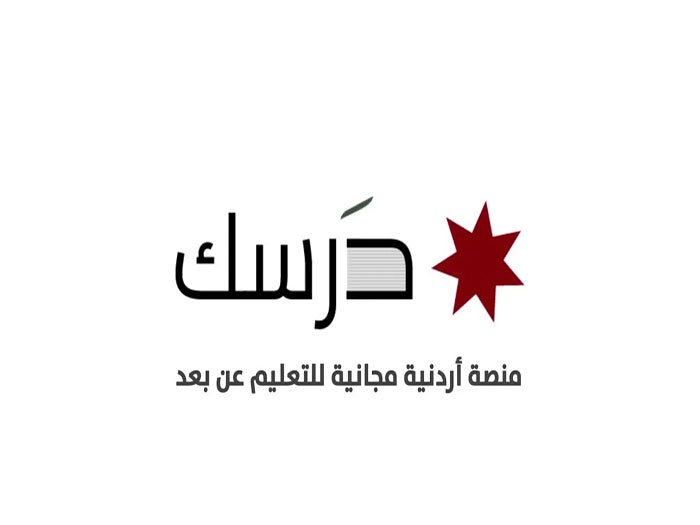- Local News
- Sun-2020-11-29 | 04:08 pm

Nayrouz News Agency : The United Nations Children's Fund (UNICEF) Sunday said that a recent
study it had carried on access to Darsak, a government-run distance
education platform, targeted a sample of only 450 students from schools
applying the UNICEF's Makani program.
The organization indicated in a statement that the study was not representative of the national level and was only intended to gauge Makani students' access to the Darsak platform.
The UNICEF was responding to a news story published yesterday and mistakenly used the study as if it was nationally-representative.
In its statement, the UNICEF said: "The numbers and results of the pilot study conducted by the organization for students in Jordan on access to "DARSAK platform", was based on a sample of 450 students in grades between four to nine in UNICEF’s "Makani" program, and is not a representative sample at the national level."
It added that the small survey aimed at "assessing the situation" of the beneficiaries of its "Makani" program and showed that access to DARSAK platform can be as low as 67 percent for those children and youth who are most vulnerable.
The UNICEF affirmed that it will continue to assist the Ministry of Education to reach those children with learning support, and to reopen schools when the public health situation allows it.
It noted that Makani is designed for learning support, child protection and life skills for vulnerable children, in addition to helping those at risk of dropout, including refugees.
Access to DARSAK for this group is particularly challenging and lower than the national student population, according to the organization.
In its statement, the UNICEF indicated that the figures of the Ministry of Education in Jordan show that 88.5 percent of children have accessed DARSAK platform to continue their learning during school closures due to Covid-19.
For the 11.5 percent children who are not accessing digital platforms, reasons may include lack of access to technology or the lack of capacity of parents to support their children in the process of distance learning, the organization further indicated.
The organization indicated in a statement that the study was not representative of the national level and was only intended to gauge Makani students' access to the Darsak platform.
The UNICEF was responding to a news story published yesterday and mistakenly used the study as if it was nationally-representative.
In its statement, the UNICEF said: "The numbers and results of the pilot study conducted by the organization for students in Jordan on access to "DARSAK platform", was based on a sample of 450 students in grades between four to nine in UNICEF’s "Makani" program, and is not a representative sample at the national level."
It added that the small survey aimed at "assessing the situation" of the beneficiaries of its "Makani" program and showed that access to DARSAK platform can be as low as 67 percent for those children and youth who are most vulnerable.
The UNICEF affirmed that it will continue to assist the Ministry of Education to reach those children with learning support, and to reopen schools when the public health situation allows it.
It noted that Makani is designed for learning support, child protection and life skills for vulnerable children, in addition to helping those at risk of dropout, including refugees.
Access to DARSAK for this group is particularly challenging and lower than the national student population, according to the organization.
In its statement, the UNICEF indicated that the figures of the Ministry of Education in Jordan show that 88.5 percent of children have accessed DARSAK platform to continue their learning during school closures due to Covid-19.
For the 11.5 percent children who are not accessing digital platforms, reasons may include lack of access to technology or the lack of capacity of parents to support their children in the process of distance learning, the organization further indicated.









